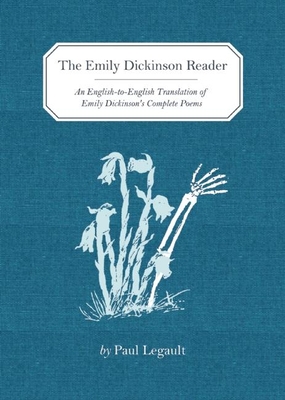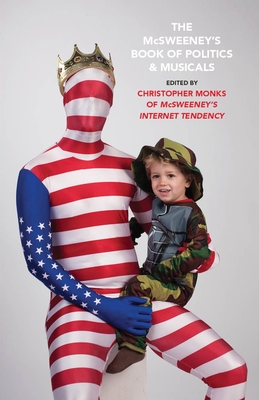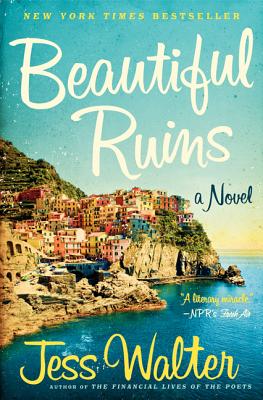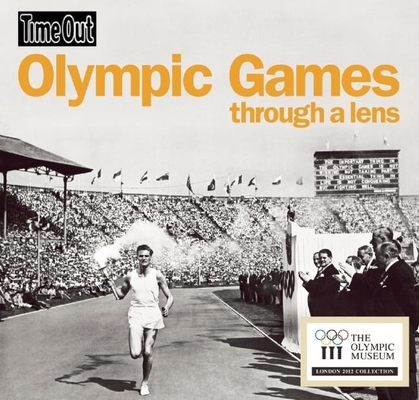I am suffering from a severe case of Olympic fever, not quite fatal, but definitely serious. Normally my immunity to the Summer Olympic fever is pretty strong. But this year, my antibodies just didn't have it in them. I blame Ryan Lochte. If you are also struggling with a bout of the fever, these books might provide a possible remedy.

A lively, literary exploration of one of the West’s most iconic cultural figures—the athlete.
Why is the athlete so important to us? Few public figures can dominate the public imagination with such power and authority. Even in our cynical times, when celebrities can be debunked at the speed of light, many still look to athletes as models for our moral and emotional lives. An aging fastballer goes for a few last wins in his final season, and he becomes an exemplar for our daily struggles against time.
A top golfer cheats on his wife, and his behavior sparks a symposium on marital fidelity more wideranging than if the lapse had come from a politician or religious leader.
Drawing from art, literature, politics, and history,
Something Like the Gods explores the powerful grip the athlete has always held on the Western imagination. Amidon examines the archetype of the competitor as it evolved from antiquity to the present day, from athlete-warriors such as Achilles and Ulysses to global media icons like Ali, Jordan, and Tiger Woods.
Above all, Something Like the Gods is a lyrical study that will appeal to anyone who has ever imagined themselves in the spikes, boots, or sneakers of our greatest athletes—or wondered why people do.
Complete Book of the Olympics, by David Wallechsinky
Every sports writer assigned to cover the Games ensures they have their early copy of this prodigious work of reference, packed with absorbing anecdotes and essential statistics. A treasure trove of 116 years of Olympic history, it is also an amazingly readable book, for in the course of recording every single Olympic final since 1896, it concentrates on the strange, the memorable, and the unbelievable. Who knew (until reading this book) that croquet was once an Olympic sport, or tug of war, or that a 72-year-old once won a silver medal for target shooting? This new edition also has every finals result, recorded by the top eight competitors in every event at the Beijing Olympics, and full descriptions of rules and scoring for every event included for 2012. It is the one truly essential Olympics book.
London Olympics: 1908 and 1948, by Janie Hampton
The fourth Olympic Games of the modern era, in 1908, were set to be held in Rome, but when Mount Vesuvius erupted in 1906, Italy needed all her resources to rebuild Naples. London stepped up to the plate and with only two years to prepare the British Olympic organisers pulled off a successful Olympic Games in London. Miraculously, they managed to do so while shunning all municipal and government assistance and using only private enterprise for the arrangements.
In under a year, the White City stadium was built on the site of the forthcoming Franco-British exhibition, with a running track, cycling track, football field, swimming pool and platform for gymnastics and wrestling. Events at the 1908 Olympic Games included real tennis, tug-of-war, motor-boat racing, archery, rackets, and rugby; Olympic lacrosse also made its last appearance at these games.
In 1948 the Olympics came to Britain again, and to a country still recovering from the Second World War. During this Austerity Era, food, clothing and petrol were heavily rationed, and the Olympic organizers had to make do with what little they had at their disposal.
The indomitable spirit of Londoners cheerfully overcame every obstacle, including shortages of equipment and appalling weather. British women athletes sewed their own kits; American competitors shared their beef steaks with the British; and the French brought a goods train full of wine and steak. Czechoslovakian Emil Zátopek, Fanny Blankers-Koen from The Netherlands and British Boy Scouts traveled together on the London Underground. Medals were awarded for art and poetry. The entire budget for the 1948 Games was £760,000, and they turned a profit of £29,000.
This history of London Olympics, which concludes with a look ahead to 2012, is a timely and fascinating chronicle of the Olympic Games of another age.
Time Out Olympic Games Through a Lens, by Time Out
A fascinating look at the modern Olympic Games, from Athens 1896 to the build-up to London 2012, via approximately 230 photographs — each with explanatory text — taken from the world-famous archives of Getty Images. The emphasis is on the two previous Games held in London, in 1908 and 1948, but there are photos from all the summer Games, as well as some winter Games and Paralympic Games. Photos of iconic moments and famous athletes are included, but this is not a conventional history nor a round-up of already well documented incidents; it also features unsung and forgotten athletes, unusual sports, official posters, spectators, background staff, buildings and symbols. Many of the photographs have never been published before. By turns informative and astonishing, heroic and daring, quirky and amusing, the result is a dynamic and absorbing visual biography of the Olympic Games through the ages.
 The Emily Dickinson Reader: An English-to-English Translation of Emily Dickinson's Complete Poems, by Paul Legault
The Emily Dickinson Reader: An English-to-English Translation of Emily Dickinson's Complete Poems, by Paul Legault I Could Pee on This: And Other Poems By Cats, by Francesco Marciuliano
I Could Pee on This: And Other Poems By Cats, by Francesco Marciuliano






